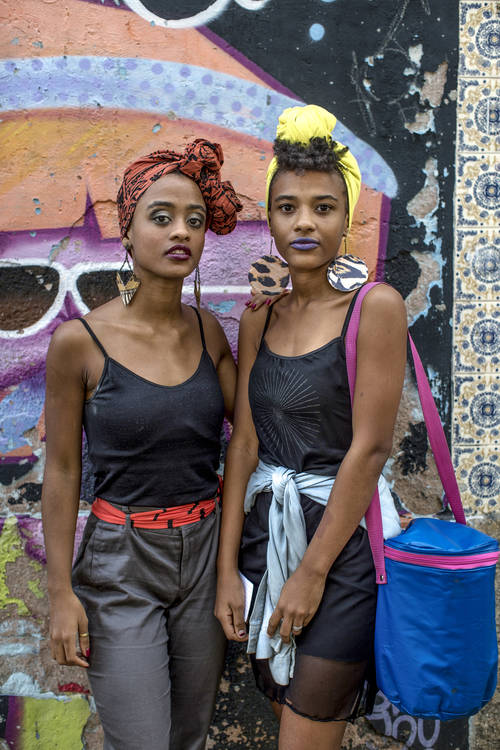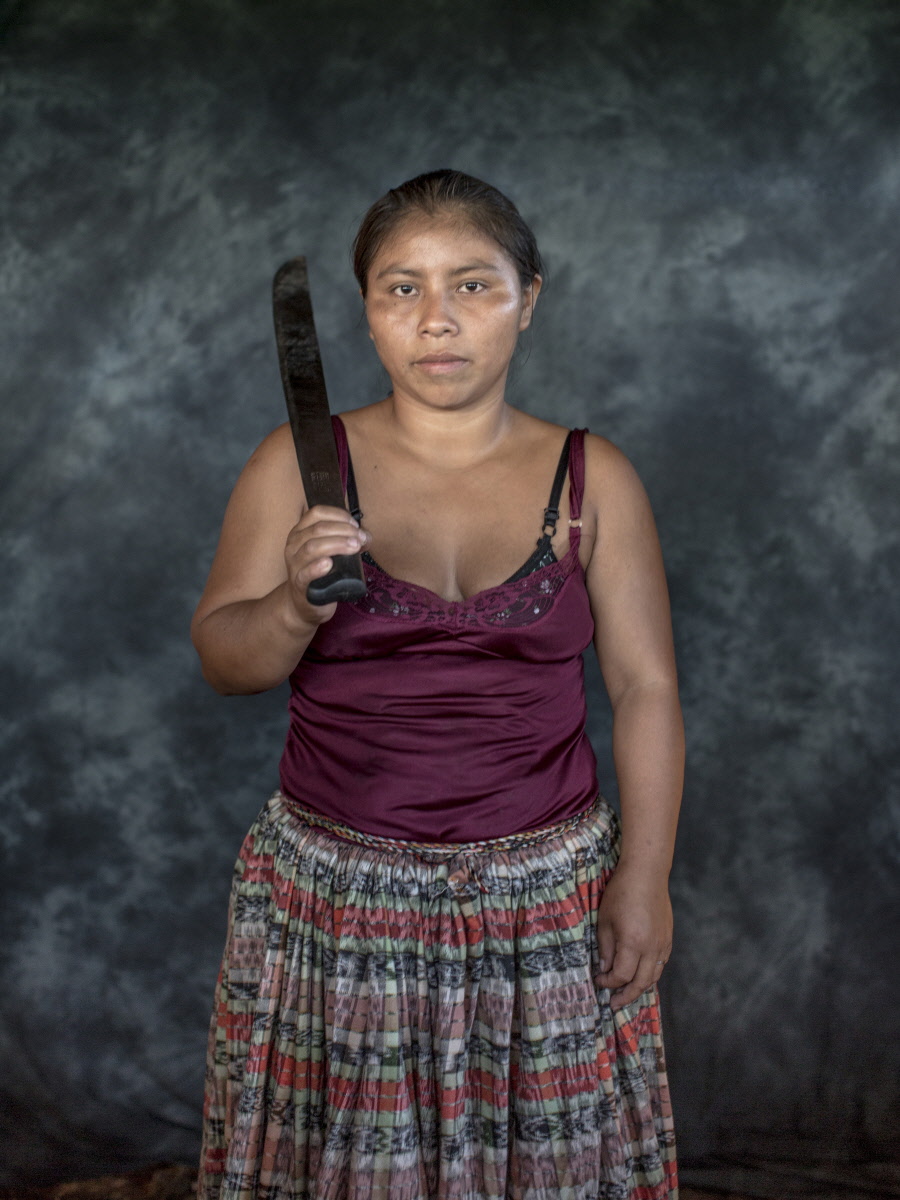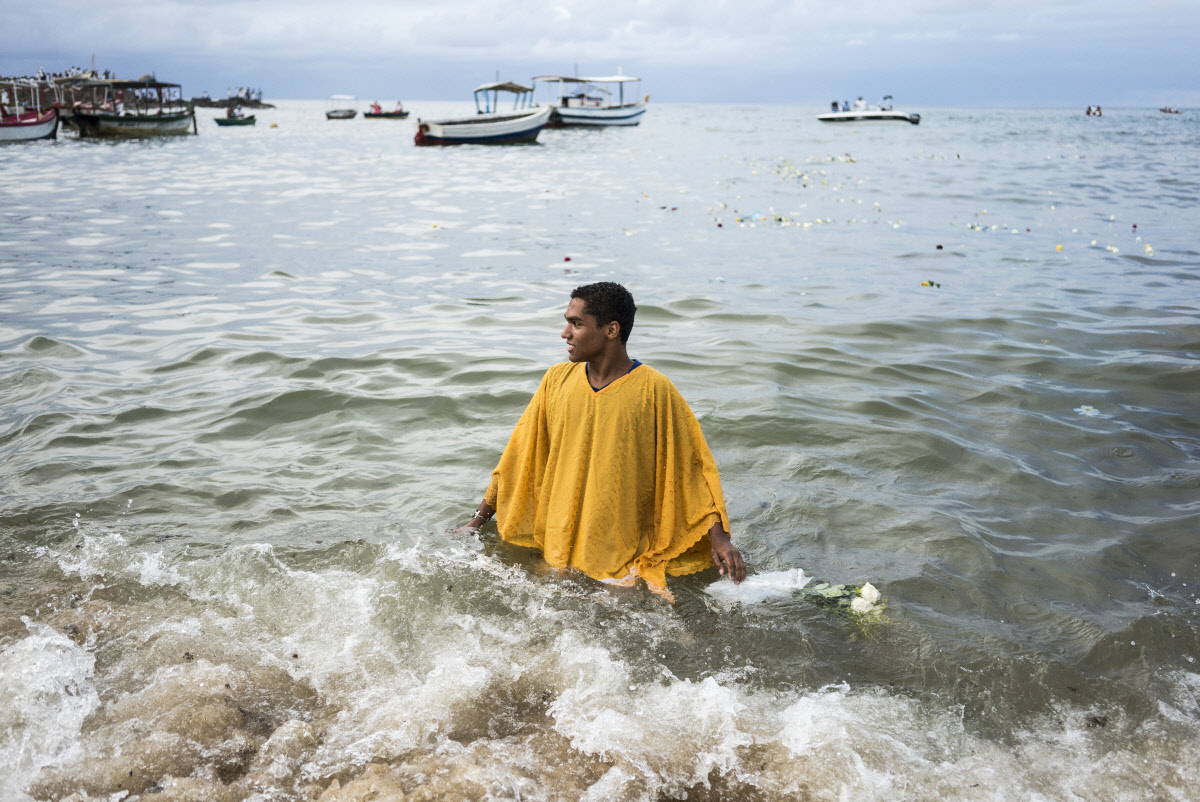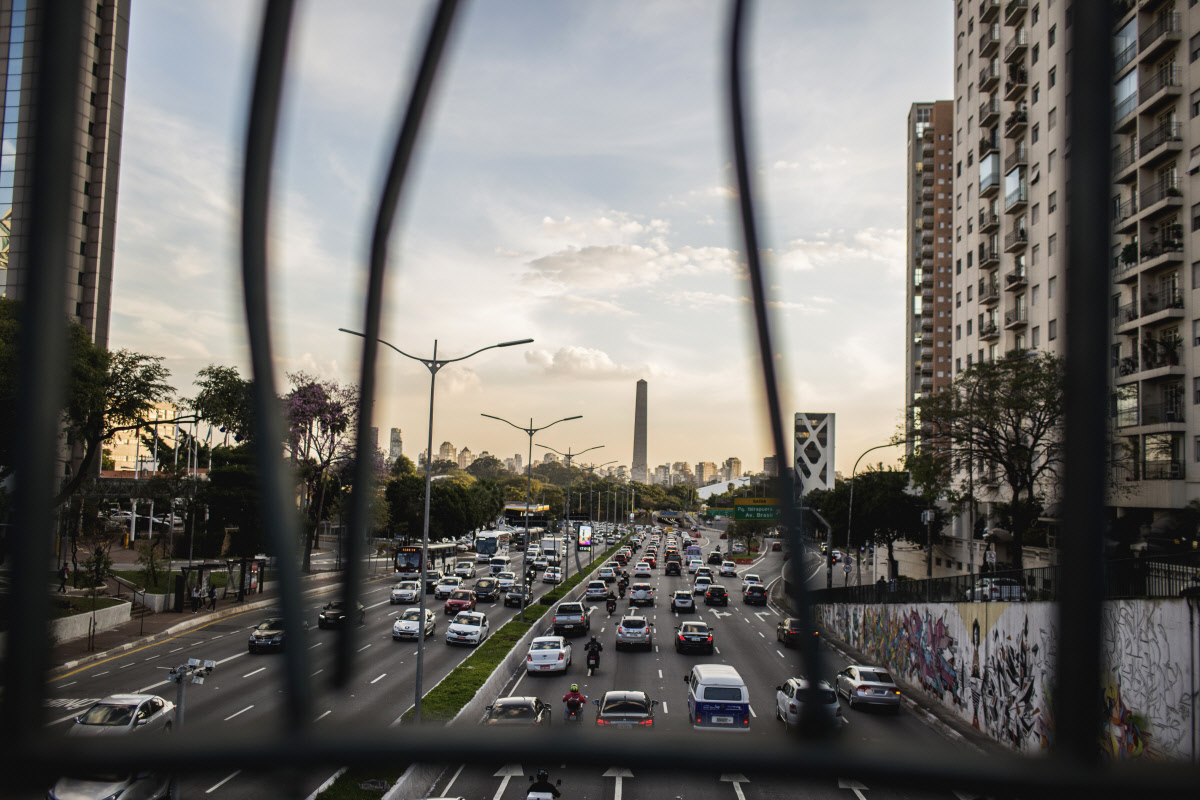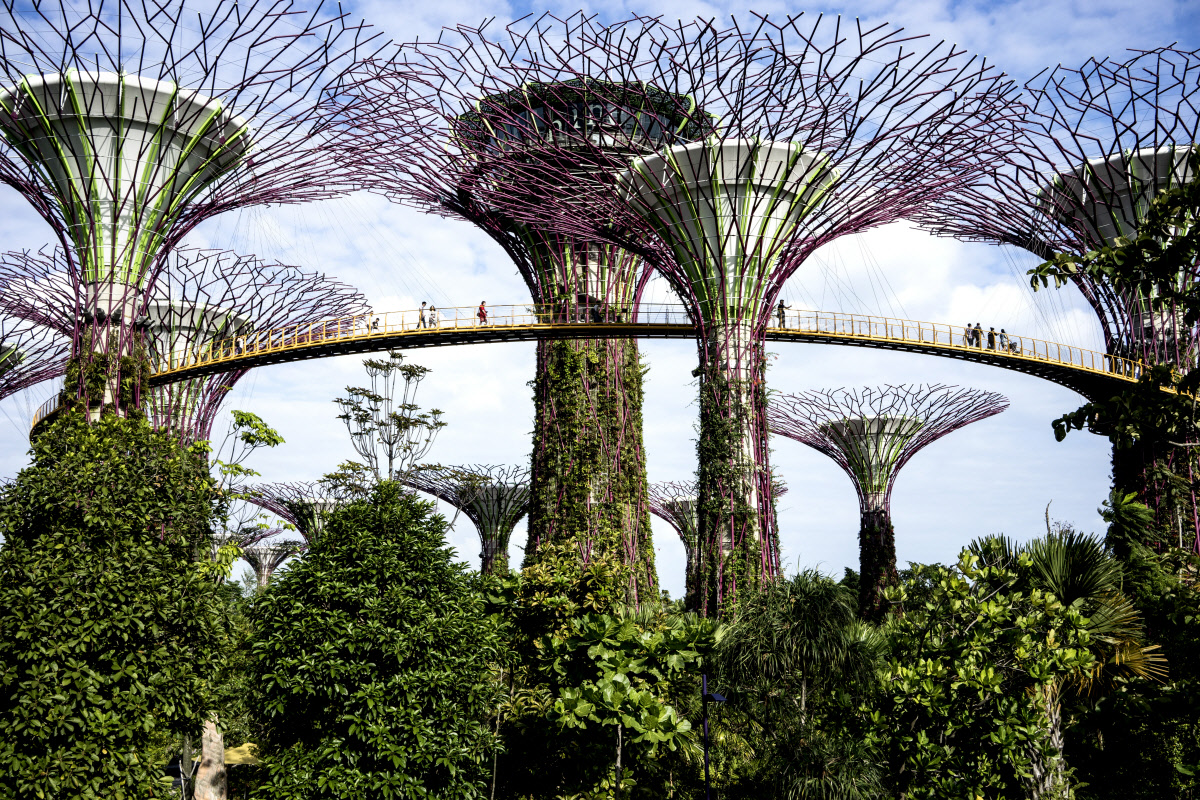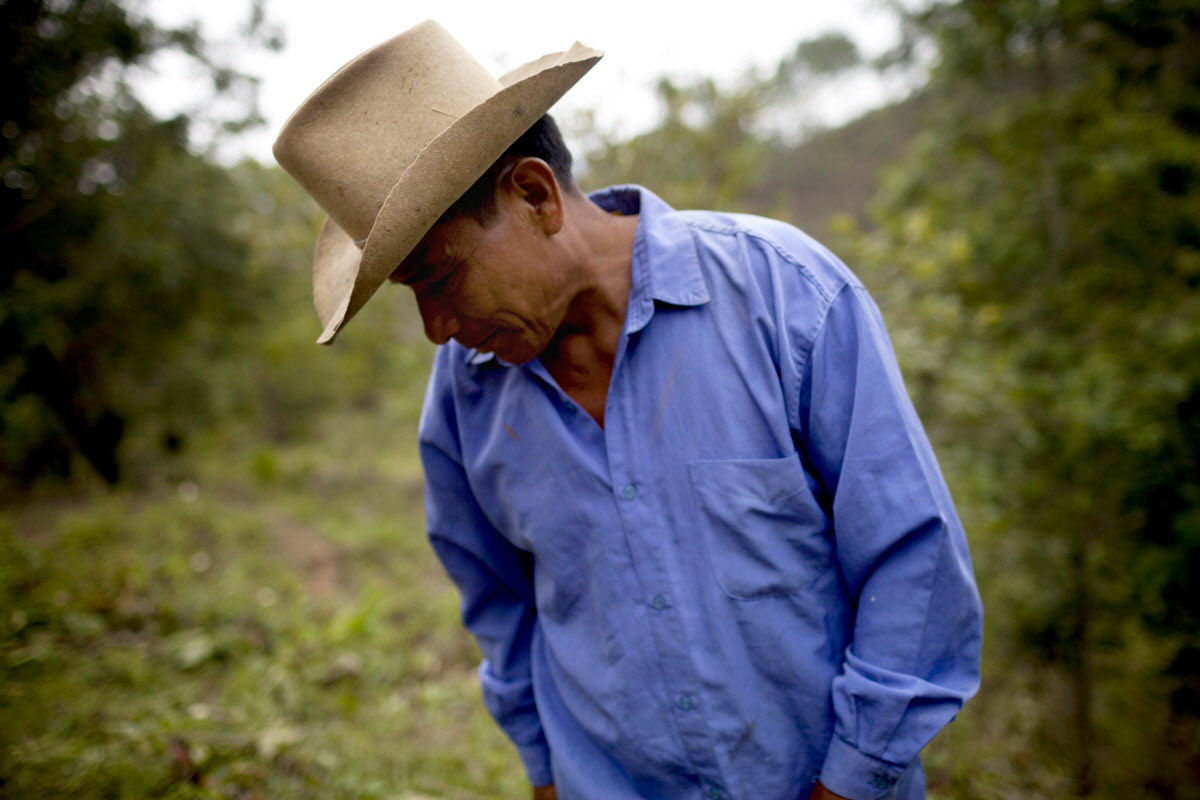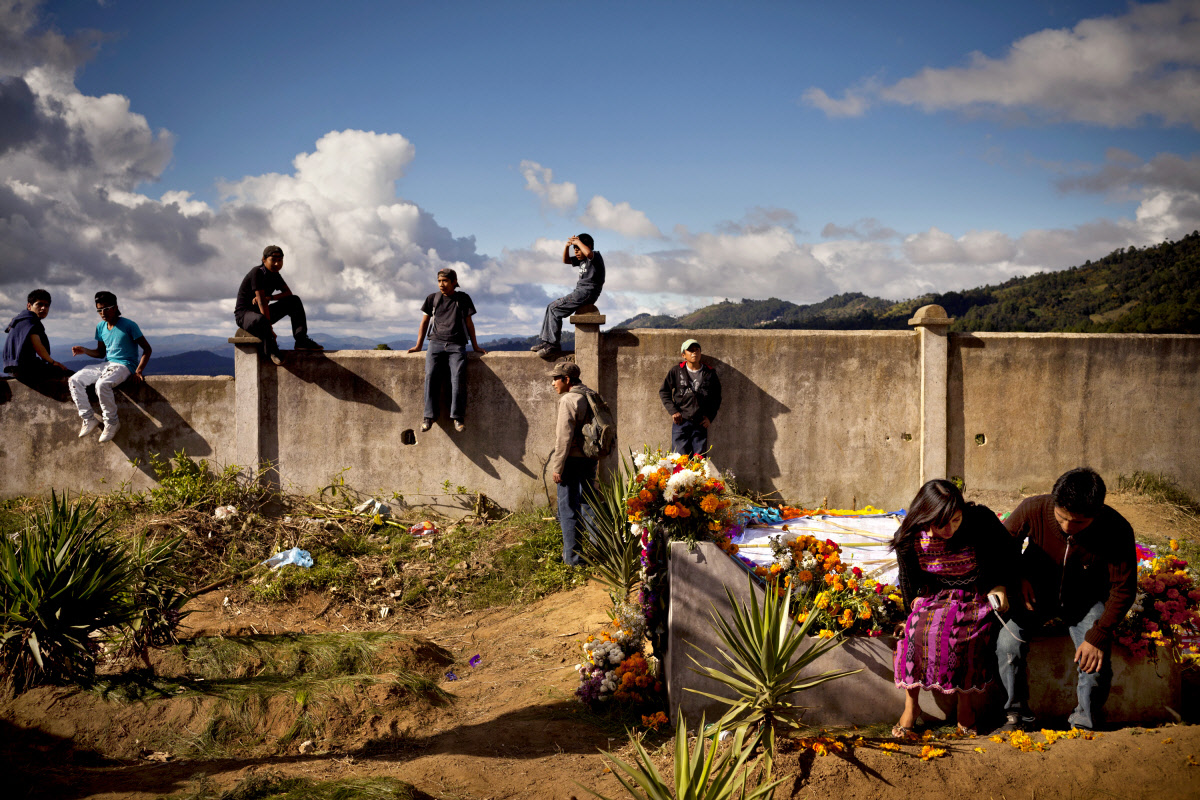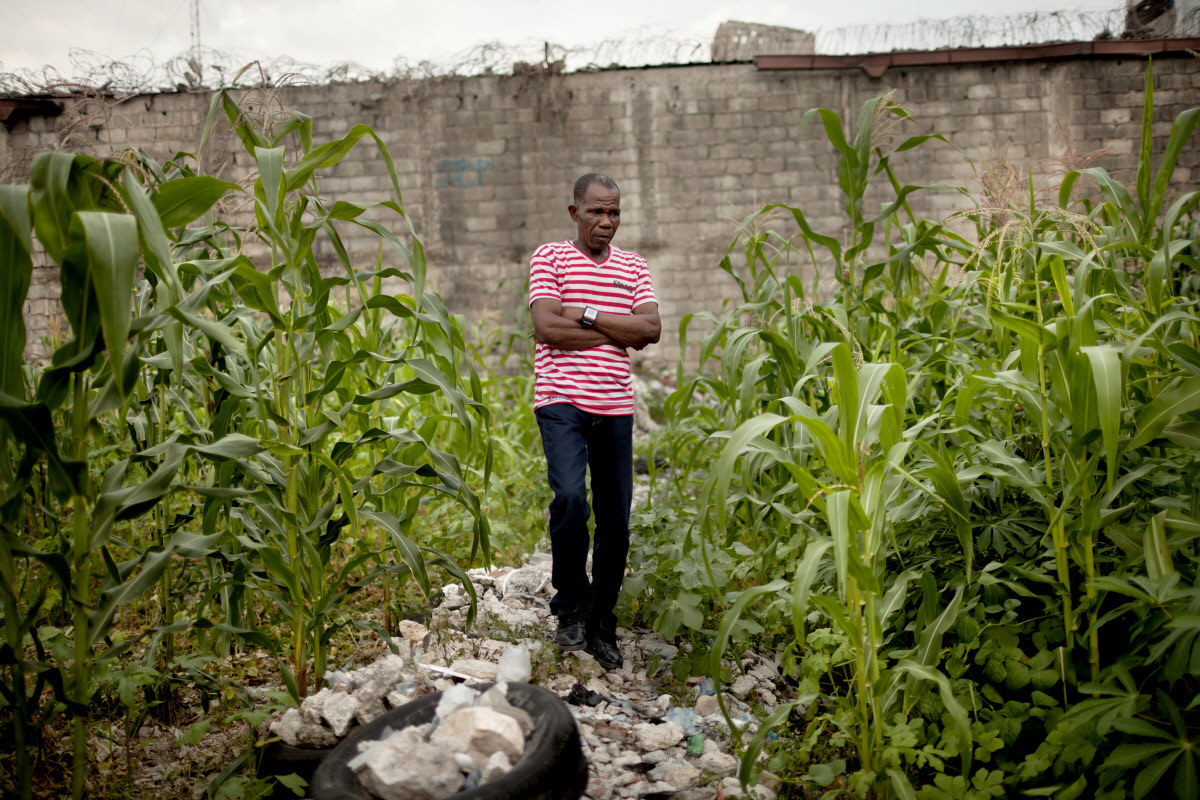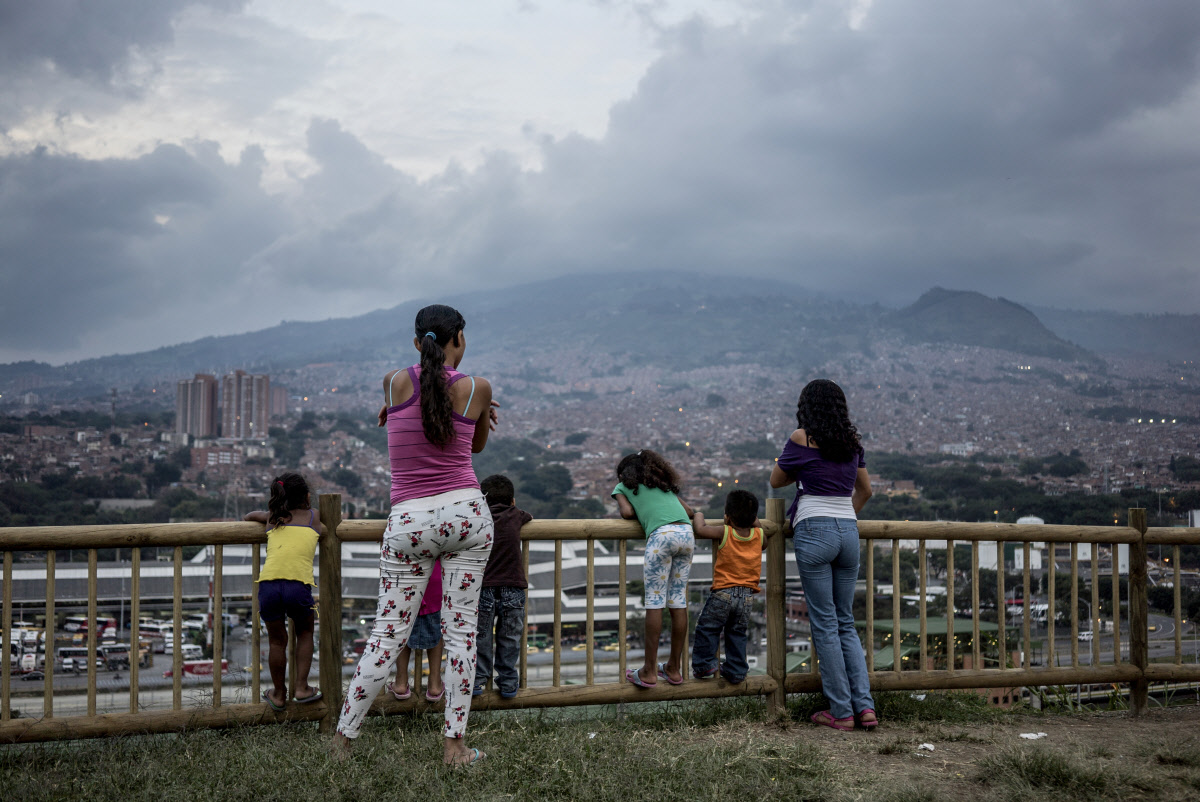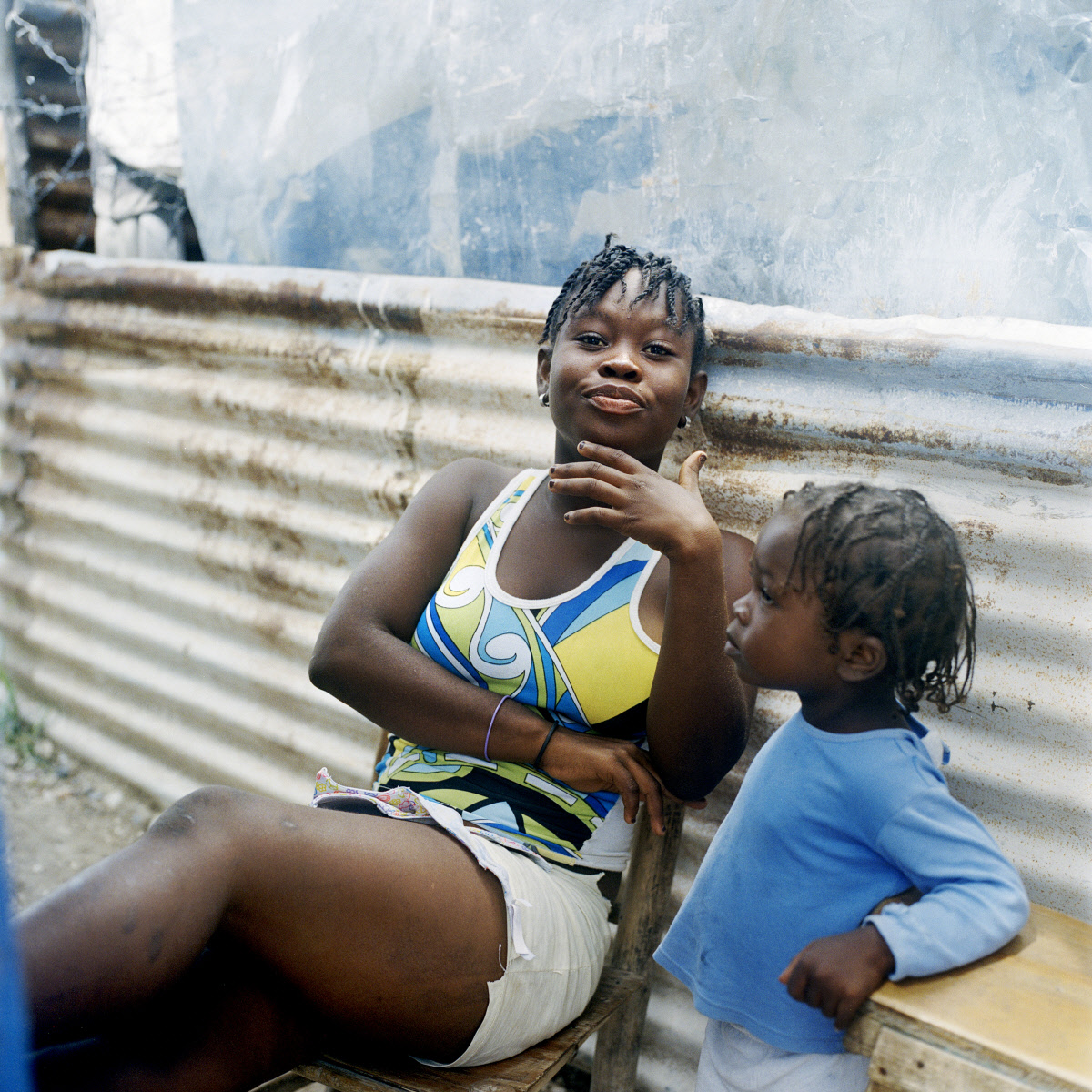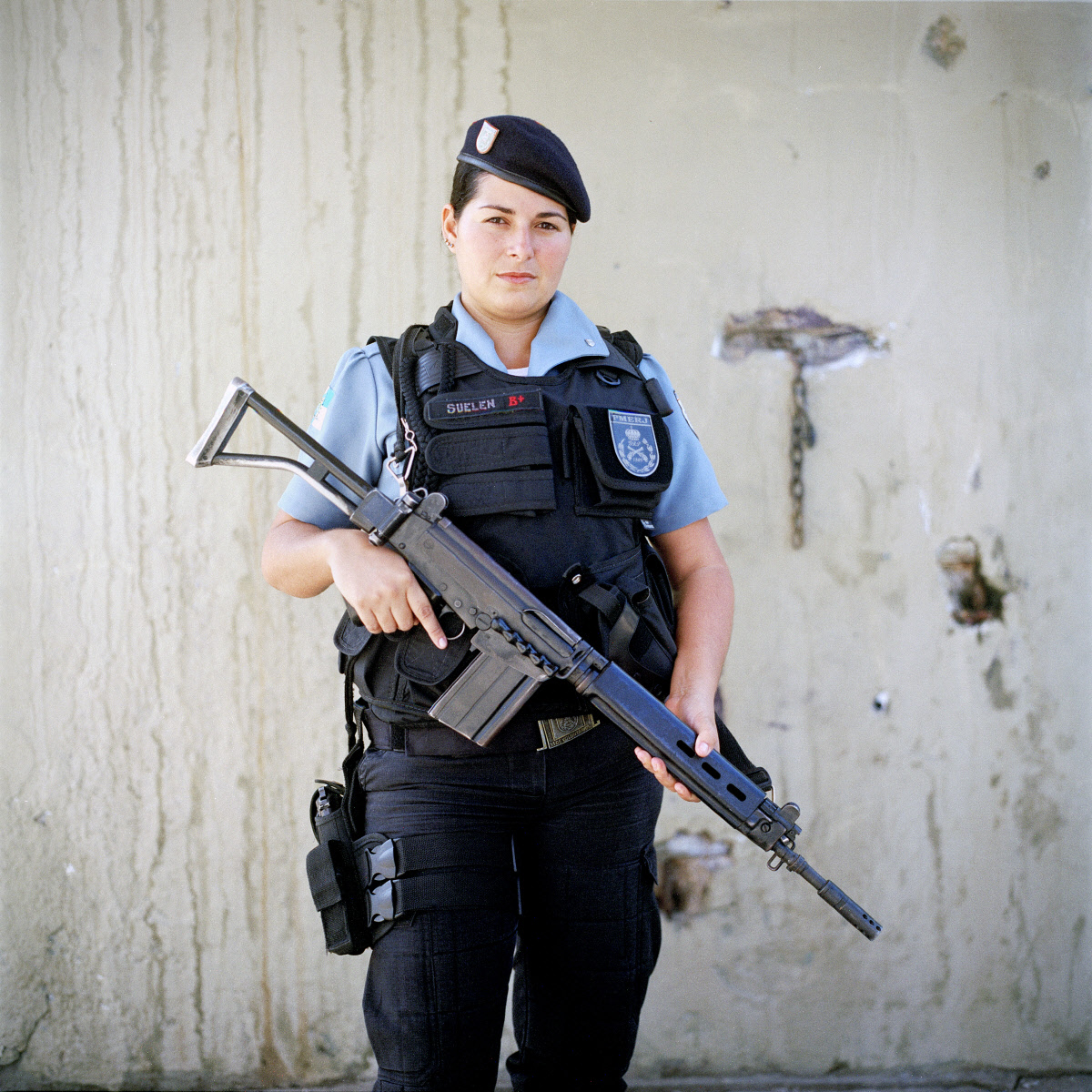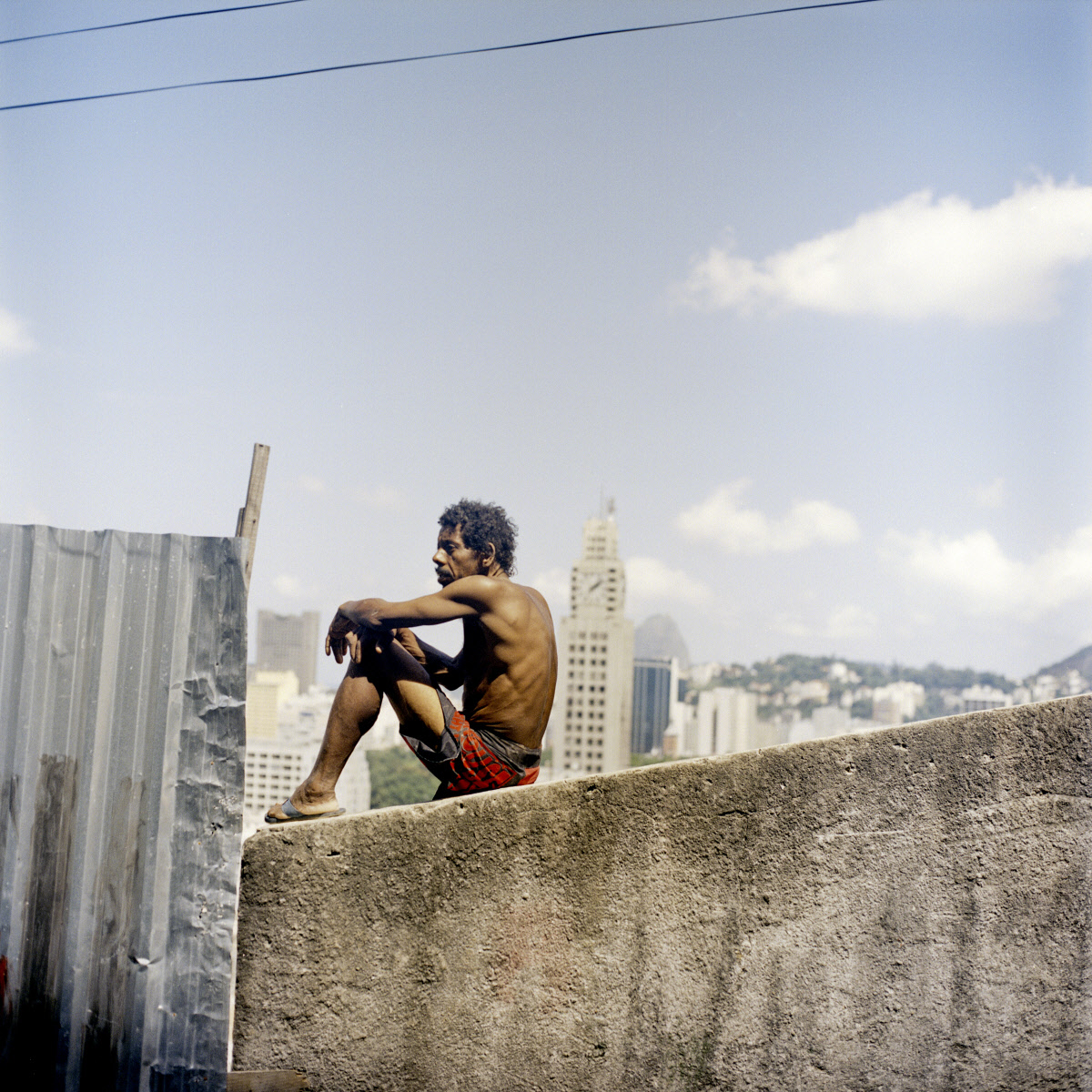Biography
American, 1976
Lianne Milton is an editorial and documentary photographer based in Brazil. Her work focuses on the effects of politics on people and their environments in places such as Southeast Asia, Latin America and the United States.
Lianne began her freelance career in 2009 with a project documenting the rise of Sharia law in Banda Aceh, Indonesia, as a consequence of the 2004 Tsunami. From 2009 to 2012 she focused her personal work on Southeast Asia and Latin America, exploring subjects such as food insecurity and the culture of violence in Guatemala, as well as drug addiction and the environmental impact of hydroelectric dams on ethnic minorities in Cambodia.
In 2015, Lianne was awarded the inaugural environmental photography award from the Yves Rocher Foundation. She is also a recipient of the 2013 PDN Photo Annual in the documentary category and received Latinamerican Photography Awards in 2012, 2013 and 2016. Her work on the Football World Cup protests in Rio de Janeiro were recognised in L’Espresso Magazine’s Pictures of the Year 2013.
She is a contributing photographer for the Washington Post and #everydaylatinamerica, one of the Everyday Projects. She also works for clients including CNN, Die Zeit, The Guardian, the Financial Times, M le Monde, Mother Jones Magazine, National Public Radio, New York Times, STAT, The Sunday Times, The Observer, Wall Street Journal and many others.
Her non-profit clients include the Ford Foundation, Hertz Foundation, Open Society Foundations, ActionAid, Smile Train, UNICEF and UN Women.
Lianne is currently living in Rio de Janeiro where the City meets the Ocean.
When she is not photographing, she's out surfing.
Indigenous Mayan Q’eqchi communities in eastern Guatemala’s Polochic Valley have long lived without state presence.
The Dia de Yemenja (Day of Yemenja) is an annual event in the Brazilian city of Salvador de Bahia which coincides with the day dedicated to Our Lady of Seafaring (Nossa Senhora dos Navegantes) in the Catholic Church on the 2nd of February.
When the lower house of the Brazilian parliament voted to impeach President Dilma Rousseff on 17 April 2016, conservative congressman Jair Bolsonaro, a former army parachutist and a possible 2018 presidential candidate, dedicated his vote to the memory of Col.
In collaboration with Panos Pictures and the World Photography Organisation (WPO), Sony’s Global Imaging Ambassadors (SGIA) present a nine-month social documentary initiative called FutureofCities.
In collaboration with Panos Pictures and the World Photography Organisation (WPO), Sony’s Global Imaging Ambassadors (SGIA) present a nine-month social documentary initiative called FutureofCities.
Throughout Guatemala, a verdant and fertile country in central America, chronic malnutrition is a creeping menace that leaves children physically and mentally stunted, with serious consequences for the country’s economic future.
A popular saying in Guatemala describes how locals feel about the staggering level of violence in the country: ‘En Guatemala, la vida no vale nada.
‘The city pays millions for its image, for the perception of tranquility and calm’ says Fernando Quijano, president of the Medellin conflict monitoring group ‘Corporation for Peace and Development (Corpades) which investigates gang activity and maps gang presence in every neighbourhood of Colombia’s third largest city.
Dramatised in films like ‘City of God’ and ‘Elite Squad’, Rio’s sprawling slums, or favelas as they’re locally known, both fascinate and appall with their sheer size, density and endemic violence.

